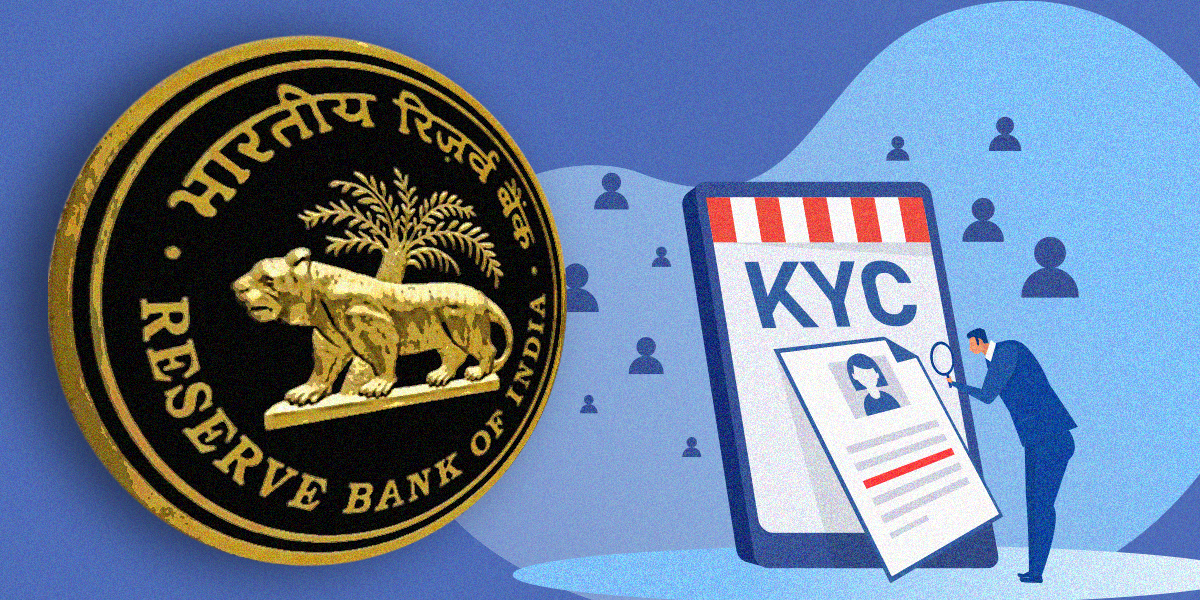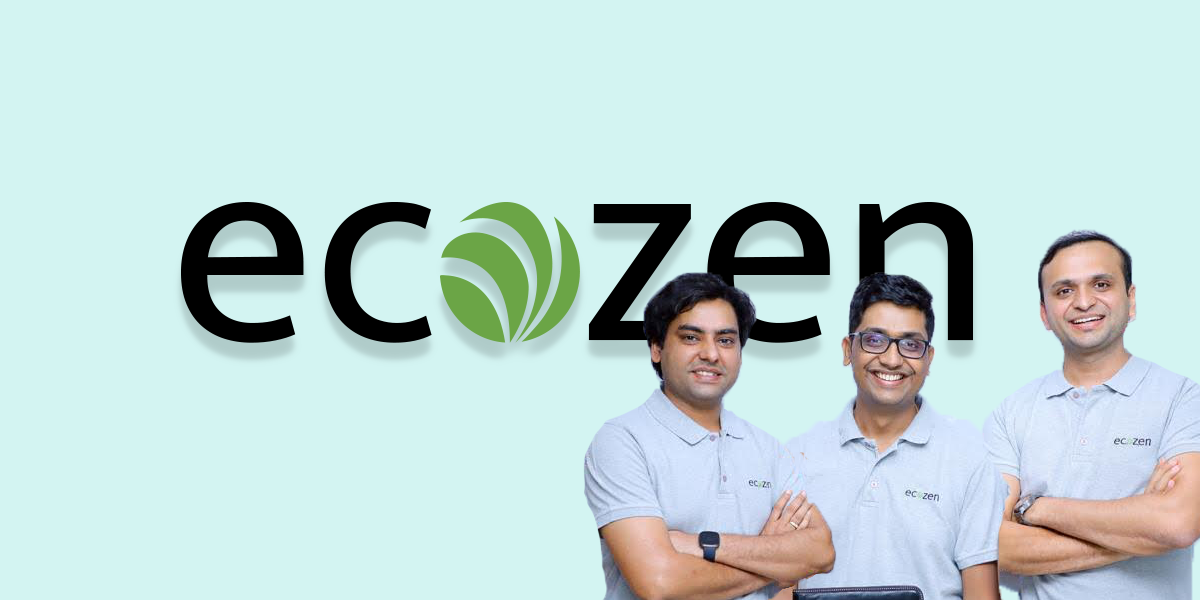Vying to get a revision in the rules for listing their companies on the stock exchange, a group of highly valued Indian startups is looking to petition with Security Exchange Board of India(SEBI) for the same.
A group of companies including PolicyBazaar, Ola and Lenskart, will request SEBI for relaxing the promoters contribution and lock-in requirements.
As per the existing framework, the promoters have to hold at least 20% stake in the companies they have founded at the time of listing and the minimum promoters contribution shall be locked in for a period of 3 years.
In coming weeks, the founders of these Unicorns will be holding meetings with SEBI executives to voice their demand for removing such condition or consider individual cases differently as per an ET report.
The promoters plea that tying up their equity with a lock-in period for three years is not a viable option and their intentions from their risk capital investments would be to earn returns after reaching an IPO with their companies.
Theoretically, this sounds reasonable, but you have to consider the fact that the market regulator SEBI acts in retail investor interest while mandating these norms. Unicorns are generally over-valued after several rounds of private equity fundings.
When they release an IPO with the same valuation, the public investment in such companies becomes a risky proposition.
For instance, let’s take the case of shared-workspace startup WeWork.
The US-based company reached a valuation of about $47 billion in January this year and was slated to go public in coming weeks. Now, the plan has been delayed for months WeWork was marred by a deep scepticism about its business model and corporate governance.
Meanwhile, its valuation has dramatically dropped to $10 to $12 billion, which is even less than total funding the company has raised till date – $13 billion.
The company’s founder Adam Neumann, who holds around 22% saw his net worth plunged from $10.3 billion in January to as low as $3 billion recently.
With markets across the globe recovering from the hype around consumer internet companies, the age of theoretical private equity valuations is fading away.
On the Indian shores, the founders who’re looking to make bank after raising IPOs are having a hard time finding an exit due to SEBI’s promoter contribution and lock-in requirement.
Emphasising on maintaining high standards of corporate governance, the existing framework requires them to deploy the company funds with due diligence and protecting the interest of public investors.
While the regulations are a potential roadblock for founders and promoters who’d be wanting to release their risk capital from their respective startups, relaxing regulatory norms can be a slippery slope.














